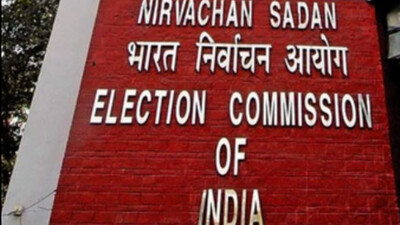Recommended Stories
The ban applied to a small fish known as konago, or sand lance, the health ministry said. Fishing fleets in the area had already refrained from catching the species since elevated radiation levels were found earlier this month.
Since the March 11 earthquake and tsunami hit and damaged the plant, forcing dousing operations at its reactors, some radioactive runoff has leaked and low-level contaminated water has had to be dumped in the sea.
Officials have said that ocean currents would quickly dilute the contaminants, radioactive iodine and caesium, and said there was no wider threat to the marine environment or public health from eating seafood.
Japan imposed a new limit of 2,000 becquerels per kilogram for iodine and 500 becquerels per kilogram for caesium in seafood, after a konago caught off Ibaraki prefecture, south of the plant, showed iodine above this level.
A konago sample taken off Fukushima Monday found 3,900 becquerels of iodine-131 per kilogram and 14,400 becquerels of caesium per kilogram, the ministry said.
Local fishermen in Ibaraki have voluntarily refrained from catching konago.
"Actually no-one is fishing the konago there now because of the heavy disaster damage in Fukushima," said a health ministry official.
"In Ibaraki, fishermen have voluntarily stopped catching konago. So there is no risk of contaminated fish being sold at markets.
"But the health ministry called for the government to impose an official ban on it because some people, like fishermen, may consume some on their own."
Iodine above legal limits has been found in vegetables, dairy products and mushrooms near the plant, triggering some shipping bans in Japan and overseas.












